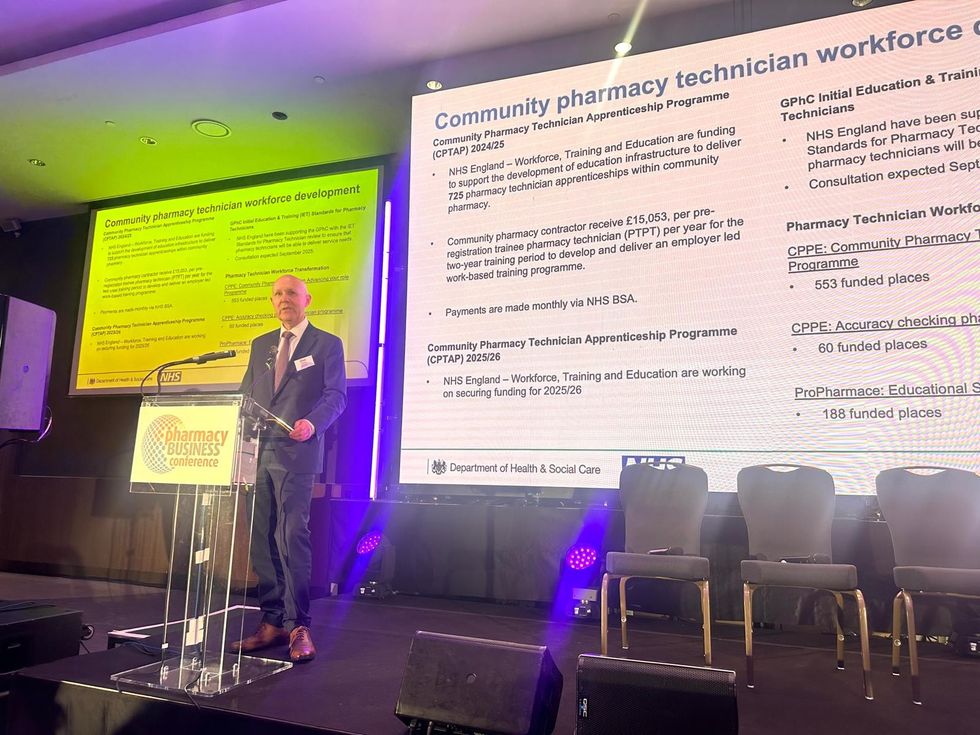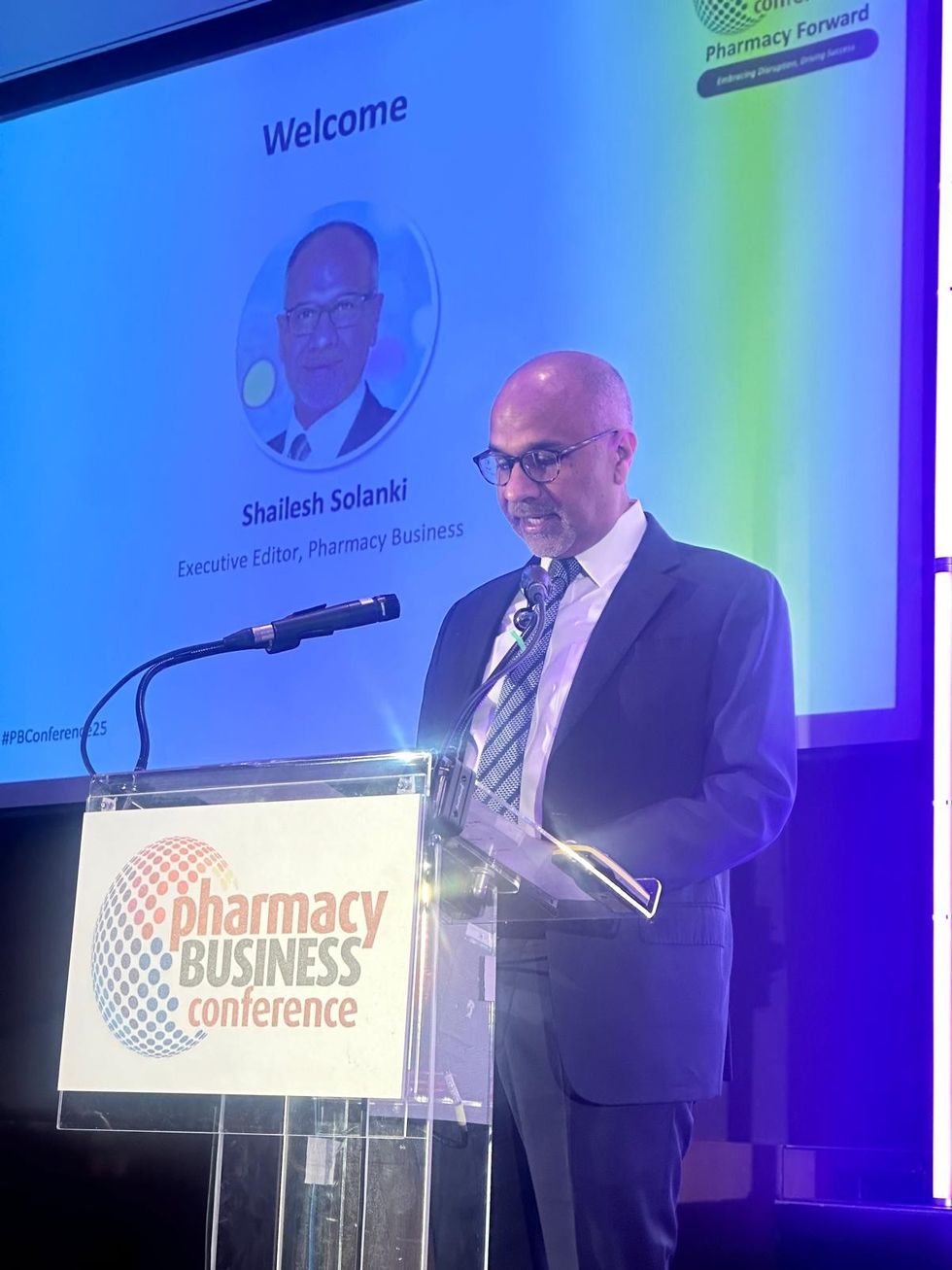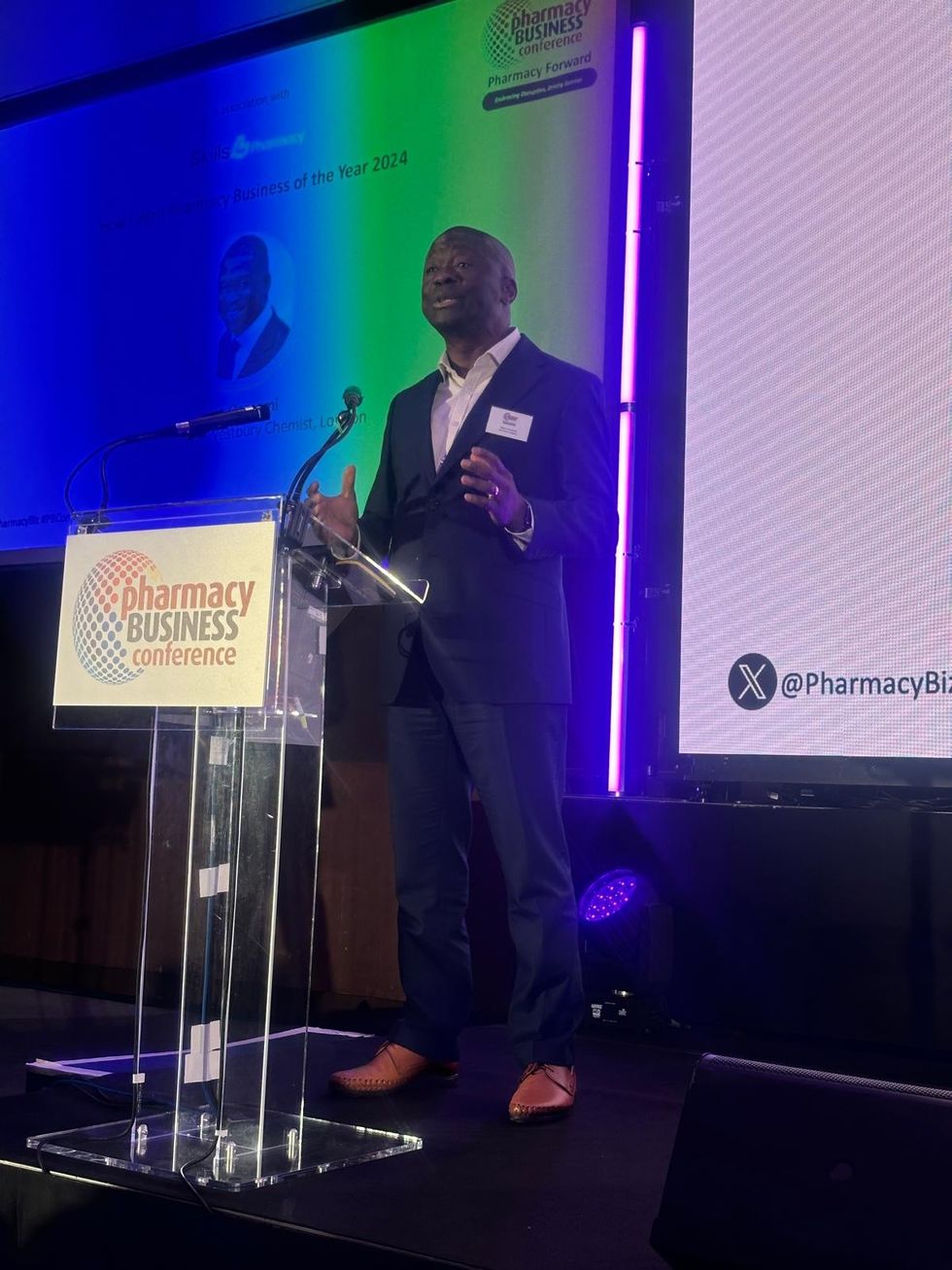Travel Health and Immunisation was one of the fastest-growing businesses in the health sector until the pandemic hit in 2019/2020. For a successfully operating pharmacy travel clinic, the average takings for Travel Health and Immunisations were between £1,000 and £3,000 per week.
As the demand diminished during the pandemic, other immunisations emerged, such as Occupational Health Vaccinations and Childhood Immunisations. At more specialist pharmacies, we operated BCG Vaccinations and Mantoux Test services.
Now, the engine of global travel has been restarted. However, around 80 per cent of GP surgeries have stopped offering a Travel Vaccination service at the Primary Care level.
This means there has never been a better time to plan and begin offering a Travel Vaccination service at your pharmacy. A Travel Health service is not just for vaccinations and antimalarials, even though this is what the majority of pharmacy owners have been focusing on.
From a purely business standpoint, vaccinations and antimalarials bring in a substantial revenue; however, the true picture is much broader.
Yellow fever centre
One example I always love to share is the importance of setting up a Yellow Fever Centre
within a community pharmacy travel clinic. Most pharmacists just beginning their Travel Health service prefer a ‘wait and see’ approach, since Yellow Fever vaccinations are regulated by National Travel Health Network and Centre (NaTHNaC) and only their approved centres can provide this vaccination and are authorised to issue a certificate.
To open a Yellow Fever centre, the pharmacy would need to register with NaTHNac via the Yellow Fever Zone online system.
The pharmacist is also required to register with the NaTHNac Training Portal. All pharmacists who provide a Yellow Fever vaccination service must complete NaTHNac training every two years, based on their clinical governance. There is a cost incurred for both processes.
The cost of a Yellow Fever vaccine (Stamaril) is about £39. Most pharmacy travel clinics charge between £59 and £69 per vaccine; therefore, the profit per dose is £20-£30.
Some beginner travel clinics believe the registration process is too much trouble to go through to earn this profit, but this is a strategic mistake.
I have been a Responsible Supervising Clinician (RSC) at more than one hundred pharmacy-based Yellow Fever Centres in the UK. Experience has taught me that for each patient coming in for a Yellow Fever vaccination, an antimalarial tablet, Hepatitis A, Typhoid, Tetanus vaccinations (since most GPs has stopped their travel clinic) are requested, along with other travel health products such as mosquito repellents and anti sickness tablets.
Patients come in for a Yellow Fever vaccination, but walk out with all of these associated products, sometimes resulting in a profit of £300-£400 per person. If patients come as a couple or with their families, this profit can be multiplied by as much as a factor of six.
The Yellow Fever vaccination service is just one of the many Travel Health services that has a huge business potential providing you plan your business strategy correctly.
Clinical implications
A Yellow Fever vaccination does carry a risk if the patient is within certain at-risk groups, such as the over-60s. Typically, a risk and benefit evaluation is carried out, and both sides of the argument should be presented to the patient, enabling them to make their own informed decision whether to vaccinate or not.
Some countries in Africa and South America require a Yellow Fever certificate before the patient is allowed to enter the country. Most patients feel they would need to vaccinate to obtain the mandatory Yellow Fever certificate, but what most pharmacists fail to present is the alternative, i.e., an exemption certificate. As a Yellow Fever Centre, we have the power to issue exemption certificates on medical grounds.
As an experienced Travel Health practitioner, it is my job to ensure both sides of the arguments are presented to enable the patient to make an informed decision.
This is what makes being a specialist in Travel Medicine interesting and fun!
Occupational health vaccines
There has been a rapid growth in the demand for Occupational Health vaccination services in the UK. There are a number of professions that require certain vaccinations (including Tetanus, MMR, Hepatitis B, BCG, Varicella (Chickenpox or Shingles) and Influenza) before roles can be commenced.
Pharmacists should be equipped with the necessary skills and, more importantly, knowledge of the conditions, requirements and follow-ups of certain professions who require specific vaccinations.
Planned correctly, Occupational Health vaccination services could grow to become bigger than Travel Health services. There are three specialist pharmacists in the UK providing BCG vaccination services, but there is only one teaching this subject! It is time for you to receive specialist training in Occupational Health vaccinations within a community pharmacy.
Childhood immunisations
I personally trained a small number of community pharmacies in Childhood Immunisations which have started to provide Childhood Immunisations privately and which have achieved a good level of business.
A specialist vaccinations service, with expert support from your training provider, along with the vision and strategy to support your community pharmacy to upskill and upgrade your pharmacy into a specialist vaccinations hub, is possible, enabling you to pivot from being a Covid vaccinations centre into a complete, specialist vaccination service within community pharmacy. All our instructors are frontline clinicians who practice what we preach.
Next Steps
This is the most exciting time to begin offering a complete immunisation service.
You should:
1. Complete or renew your training in all immunisation services, including Travel Medicine, Occupational Health and Childhood Immunisations, with a specialist training provider.
2. Set up your Yellow Fever Centre in your pharmacy ASAP. Voyager Medical can support your application with our technical support team taking you through the process step-by-step.
3. Plan and execute your Specialist Vaccinations Service with expert training provider Voyager Medical, specialised in all areas of vaccination services.
The time is now. Start your Specialist Immunisations Service in your pharmacy today.
(Alex Leung is owner and clinical director of Voyager Medical, London regional adviser of Royal College of Physicians and Surgeons of Glasgow and chief pharmacist at Shell UK.)















 Health Secretary Wes Streeting addresses Pharmacy Conference via video
Health Secretary Wes Streeting addresses Pharmacy Conference via video  David Webb, chief pharmaceutical officer of NHS England
David Webb, chief pharmaceutical officer of NHS England Shailesh Solanki, executive editor of Pharmacy Business
Shailesh Solanki, executive editor of Pharmacy Business L-R: Yasmin Karsan, Pritee Panchmatia and Fin McCaul
L-R: Yasmin Karsan, Pritee Panchmatia and Fin McCaul  L-R: Baba Akomolafe, Rachna Chhatralia, Patricia Tigenoah-Ojo and Raj Matharu
L-R: Baba Akomolafe, Rachna Chhatralia, Patricia Tigenoah-Ojo and Raj Matharu L- R: Nicola Stockmann, Robert Townsend, Atul Patel and Amerjit Singh
L- R: Nicola Stockmann, Robert Townsend, Atul Patel and Amerjit Singh Wole Ososami, lead pharmacist at Westbury Chemist
Wole Ososami, lead pharmacist at Westbury Chemist

